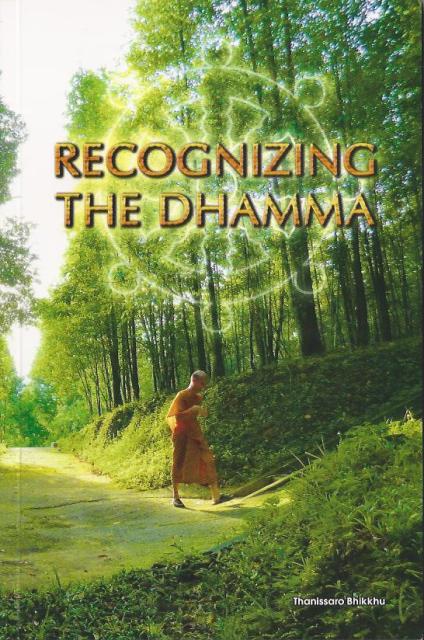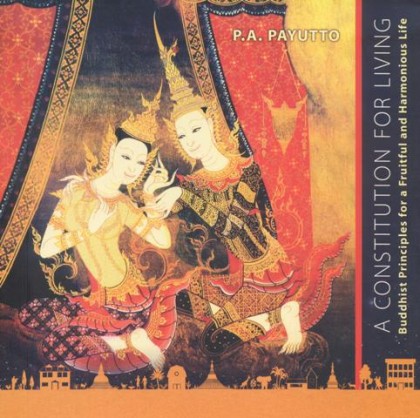I always have the perspective that "Now" is the best gift ever, and Spencer Johnson made it more obvious. For instance, Spencer wrote something about "being in the present, pay attention to what is important now, enjoy the moment" which was reflected on the young boy in his story. He realized that his work was getting easier bit by bit by just focusing on the task at the moment.
Read moreWhen we speak of spirituality, people often relate it to religion. However, spirituality is more than that; it is a whole manner of living often to reduce one’s dependence on materialism, so as to gain ultimate happiness. Buddhism is not about mere beliefs or blind faith, but is often touted as a way of life. It emphasizes the gradual, incremental practice of generosity, morality, and mental cultivation, whereby the practitioner overcomes ignorance by wisdom.
Read moreIn addition to the story-telling workshop series, Mr. Vijaya Samarawickrama also imparted his knowledge and skill of the precious Asian theatre widely known as wayang kulit. In this first session of the wayang kulit learning workshop held on 12 January, participants were taught the knowledge of ancient wayang kulit techniques as well as the skills of producing a puppet befitting a wayang kulit performance.
Read moreHave you read a Dhamma book today?
 |
|
Introduction
Shortly after her ordination, Mahapajapati Gotami asked the Buddha for a short Dhamma instruction that would guide her in her solitary practice. The Buddha gave a discourse on the eight principles for recognizing what qualifies as Dhamma and Vinaya, and what does not. The eight principles have been widely cited ever since. In addition, there are passages on the principles of modesty, non-entanglement, dispassion, etc. in this compilation. Read more
On 1 December, the atmosphere was instantly transformed into a theatre for two fulfilling hours during the story-telling workshop conducted by the always hilarious and well-experienced Mr. Vijaya Samarawickrama (fondly known as Uncle Vijaya), Director of Nalanda Institute Malaysia.
Read moreWho are our foes and friends in meditation? In this book, Ven. Ajahn Brahmavamso explains in detail the Five Hindrances which are the obstacles that we will meet in our meditation. They stop us from becoming enlightened. The understanding of these hindrances and overcoming them is crucial.
Read moreThe Buddha teaches that the world is to be found ‘in this fathom-long body’. Suffering and the cause of suffering, liberation and the path leading to liberation, are all to be found right here – in this mind, in this body.
Read moreStory-telling is an ancient folk-art which is still being practised in modern times. It has the power to delight, frighten, teach, inspire, and motivate listeners. Skilfully done, story-telling is a powerful tool for education.
Read moreHave you read a Dhamma book today?
 |
|
Read more


